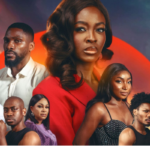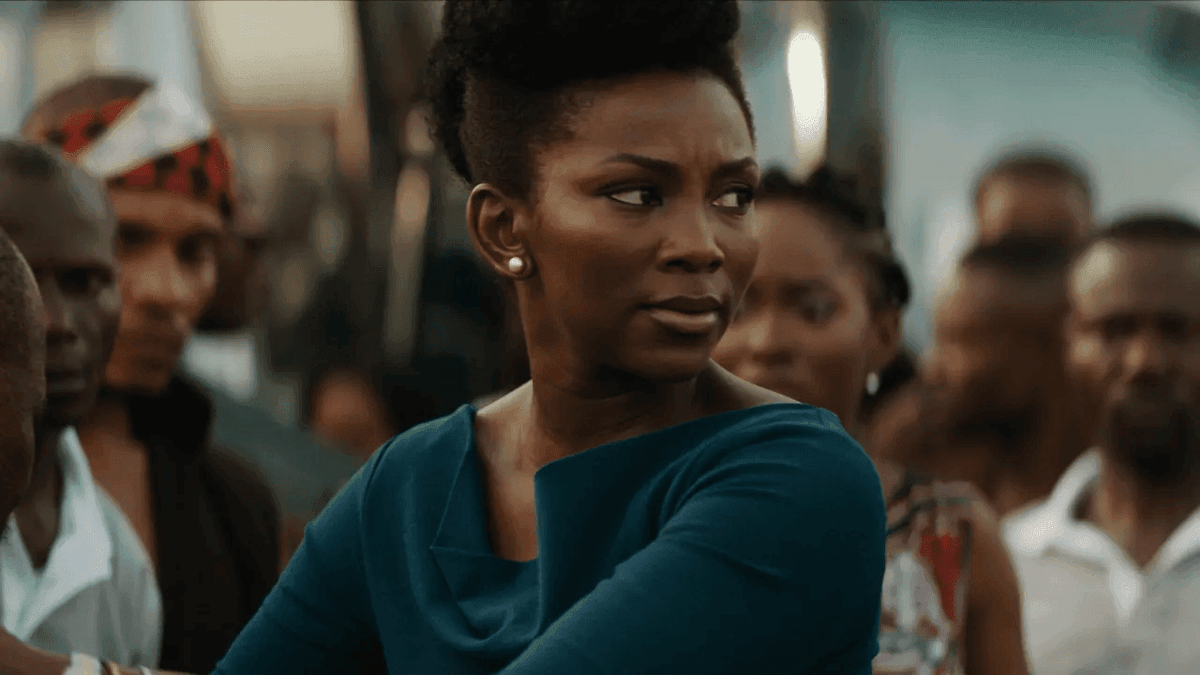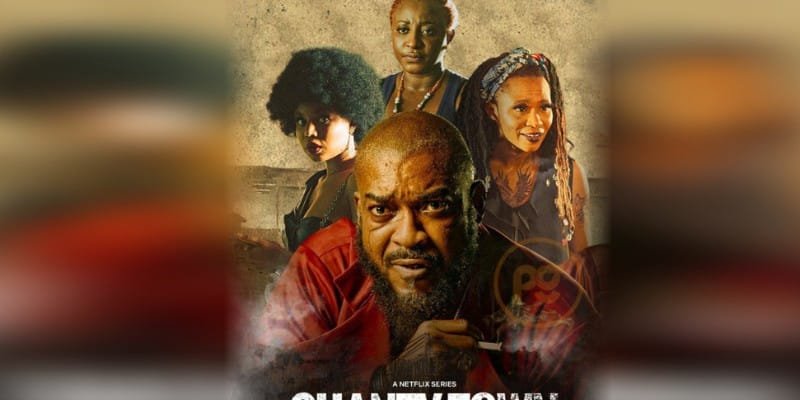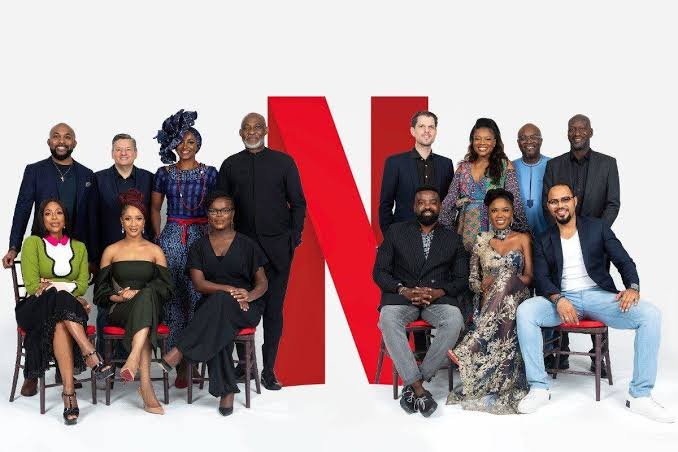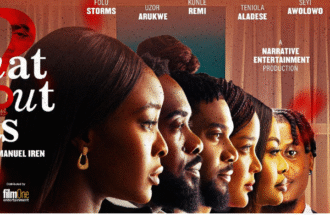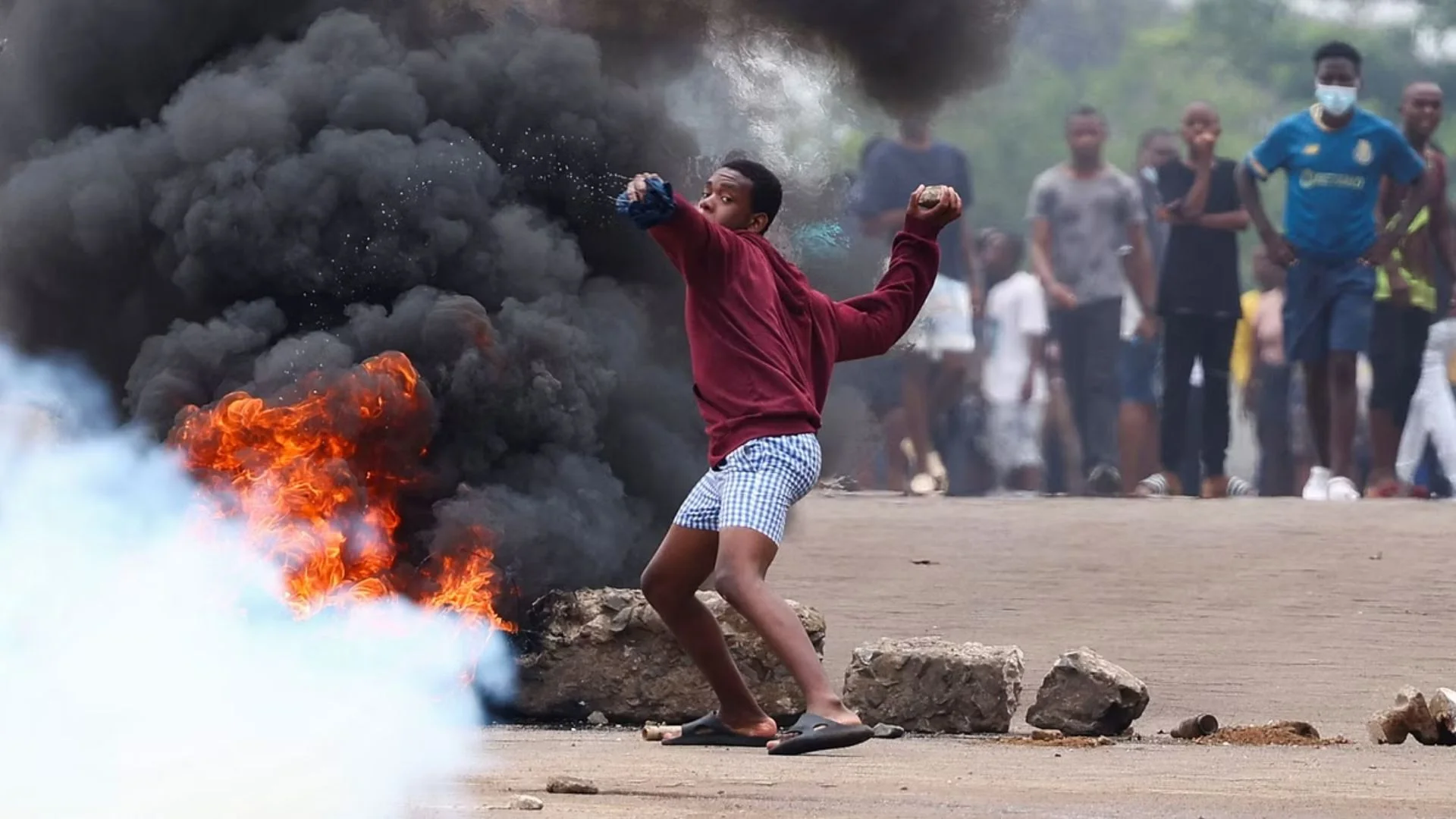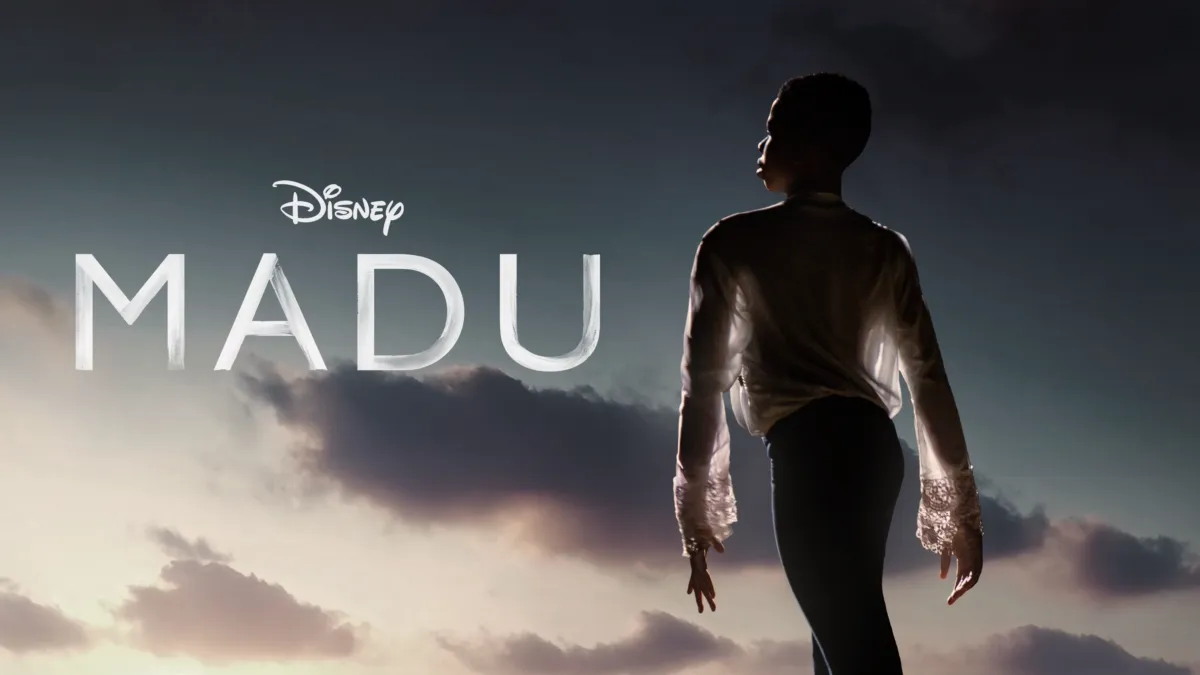Explore African culture, history, and landscapes with a selection of culturally rich African movies! Get an immersive look at stories of vibrant cultures and diverse nations, and experience the beauty of Africa through engaging cinematic tales.
African movies have garnered a great deal of attention and admiration, propelling the global film industry to the forefront of motion picture production. We have unquestionably made significant progress in terms of filmmaking, casting African actors, writing scripts, and distribution in general. However, there are a few timeless films that will always be regarded as the greatest African movies ever made and distributed in Africa.
To help you better understand how African film scenes have met the standards set by Hollywood and other major film industries, we have carefully selected ten great African films that we believe you should watch.
Out of Africa (1985)
Out of Africa is a captivating classic romantic drama set in colonial Kenya. Based on the life and experiences of writer Isak Dinesen, the film follows Karen Blixen (played by Meryl Streep) as she moves to Kenya to manage a coffee plantation and finds herself drawn into a passionate, challenging relationship with big-game hunter Denys Finch Hatton (Robert Redford). Out of Africa has been lauded for its breathtaking cinematography, transporting viewers to another world while exploring themes of identity and romance.
The First Grader (2010)
The First Grader is a critically acclaimed dramatic film that offers insight into Kenya’s education system. Set in 2003, the film follows Maruge (Oliver Litondo), an elderly Mau Mau war veteran who insists on his right to receive a proper education after he learns that education is now free for everyone in Kenya. Maruge rallies support from other villagers and enrols in a first-grade classroom alongside six-year-old children. Ultimately, this powerful movie captures the struggles of everyday Kenyans as they strive for equality and basic rights.
The Wedding Party (2016)
The Wedding Party, the most popular Nollywood film of all time, succeeds in emphasizing the stress of weddings in a uniquely Nigerian way. The film, which had its world premiere at the Toronto Film Festival and has since made money, is a comedy that succeeds in its main goal of entertaining the audience. A genuine crowd-pleaser that will make you want to attend a Nigerian wedding right away.
Half of A Yellow Sun (2013)
Half of A Yellow Sun is a film adaptation of award-winning author Chimamanda Ngozi Adichie’s acclaimed novel. Set in Nigeria in the 1960s, the movie shines a light on the Biafran War and its impact on ordinary citizens. It follows two sisters as they flee their home for a nearby city after their father is executed for political activism. The sisters’ journey serves as an effective window into the complicated history of Nigeria and Africa more broadly, making it an excellent addition to any African movie night.
Town of Runners (2012)
A motivational film about a small Ethiopian village that has produced an unusually large number of Olympian-caliber athletes. However, if you go into the film expecting a secret formula, you may be disappointed. The visible sweat, blood, and tears demonstrate the genuine value of old-fashioned hard work. This is one of the notable culturally rich African movies.
Tsotsi (2005)
Tsotsi, thanks to Elvis Chweneyagae’s stunningly convincing performance as the title character and his Oscar win for Best Foreign Feature, is the ideal introduction to African cinema for anyone interested in watching it. After stealing a car, a young gang boss is horrified to discover a baby in the back seat. Tsotsi is attempting to change his bad behavior while on the run from the law, and he is desperately looking for someone to assist him in caring for the baby. The director, Gavin Hood, creates a film that endures by depicting a side of South Africa that is rarely seen on television and by never compromising the character of the leading man.
Queen of Katwe (2016)
This biographical account of a young chess champion from the Ugandan village of Katwe, adapted from an ESPN magazine piece and subsequent book, does an excellent job of illuminating the potential that is often overlooked in Africa. The film succeeds because it avoids clichés and instead tells a compelling story about triumph over adversity.






